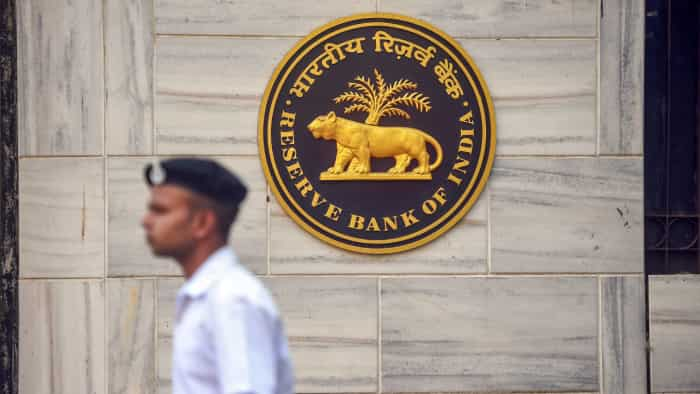Post Office Time Deposit: Does it offer higher interest rate than major bank FDs?
The Post Office Time Deposit scheme offers tenures of 1-year, 2-year, 3-year and 5-year. The scheme can be opened with a minimum deposit of Rs 1,000 and in multiples of Rs 100.
)
The post office offers a number of small savings schemes for investors. These schemes offer competitive interest rates with government backing. The post office schemes also offer tax benefits. Some of the popular savings schemes offered by the post office are the Public Provident Fund, Kisan Vikas Patra, National Savings Certificate, Mahila Samman Savings Certificate and National Savings Time Deposit Account. The Post Office Time Deposit scheme is one of the popular savings tools opted for by individuals. Take a look at its benefits, and if it offers a higher interest rate than major bank fixed deposits (FDs).
All about Post Office Time Deposit scheme
The interest on the scheme is calculated quarterly and deposited annually. The Post Office Time Deposit scheme offers tenures of 1 years, 2 years, 3 years and 5 years. The interest rate ranges from 6.9 to 7.5 per cent. The scheme can be opened with a minimum deposit of Rs 1,000 and in multiple of Rs 100 thereafter. There is no maximum limit on the deposit amount. After the scheme matures, it can be renewed for the same duration it was initially opened for.
Post Office Time Deposit scheme: Benefits
The investment under the 5 year Post Office Time Deposit scheme qualifies for benefits u/s 80C of Income Tax Act, 1961. A time deposit account can be transferred or pledged as security, by submitting an application at the post office along with an acceptance letter. There is an option for premature closure after six months from the date of account opening, with changes in the interest rate payable.
Does the Post Office Time Deposit scheme offer a higher interest rate than major bank FDs?
If we look at the Post Office Time Deposit scheme interest rates, they are competitive to several FDs offered by major banks. The interest offered on the scheme ranges from 6.9 to 7.5 per cent. Here’s a look at the interest rate earned on FDs in major banks.
HDFC Bank: If we look at the FD scheme of HDFC Bank, the interest rate is 6.6 to 7.25 per cent on tenures of 1 to 5 years. For senior citizens, 0.5 per cent extra interest is on offer.
SBI: State Bank of India customers can earn between 6.5 and 7 per cent on FDs ranging from 1 to 5 years.
Axis Bank: The lender offers interest between 6.75 and 7.1 per cent on term deposits with a tenure of 1 to 5 years.
Punjab National Bank: PNB customers can earn between 6.80 and 7.25 per cent interest on FDs between 1 and 5 years.
ICICI Bank: The interest offered on term deposit ranges from 6.80 to 7.1 per cent.
So, when it comes to FDs offered by major lenders, the Post Office Time Deposit scheme offers similar or better rates. If investors wish to opt for a scheme with low risk and guaranteed returns, they can use this plan.
Get Latest Business News, Stock Market Updates and Videos; Check your tax outgo through Income Tax Calculator and save money through our Personal Finance coverage. Check Business Breaking News Live on Zee Business Twitter and Facebook. Subscribe on YouTube.
RECOMMENDED STORIES

RBI Rule: New system for online money transfers to be implemented from April 1, 2025; here's all you need to know

Katra-Srinagar Vande Bharat Train: Northern Railway announces train timings; check fare, route and other key details
04:51 PM IST










 Hidden charges on SBI ATM cards: Is your money disappearing quietly?
Hidden charges on SBI ATM cards: Is your money disappearing quietly? Latest personal loan interest rates for SBI, PNB, Bank of Baroda, HDFC bank and ICICI bank
Latest personal loan interest rates for SBI, PNB, Bank of Baroda, HDFC bank and ICICI bank 8 post office investment schemes that offer over 7% guaranteed return
8 post office investment schemes that offer over 7% guaranteed return Millennials turning towards new-age investment instrument fractional investing: Report
Millennials turning towards new-age investment instrument fractional investing: Report  Income Tax: How are e-filing and e-payment of taxes different? Know details here
Income Tax: How are e-filing and e-payment of taxes different? Know details here